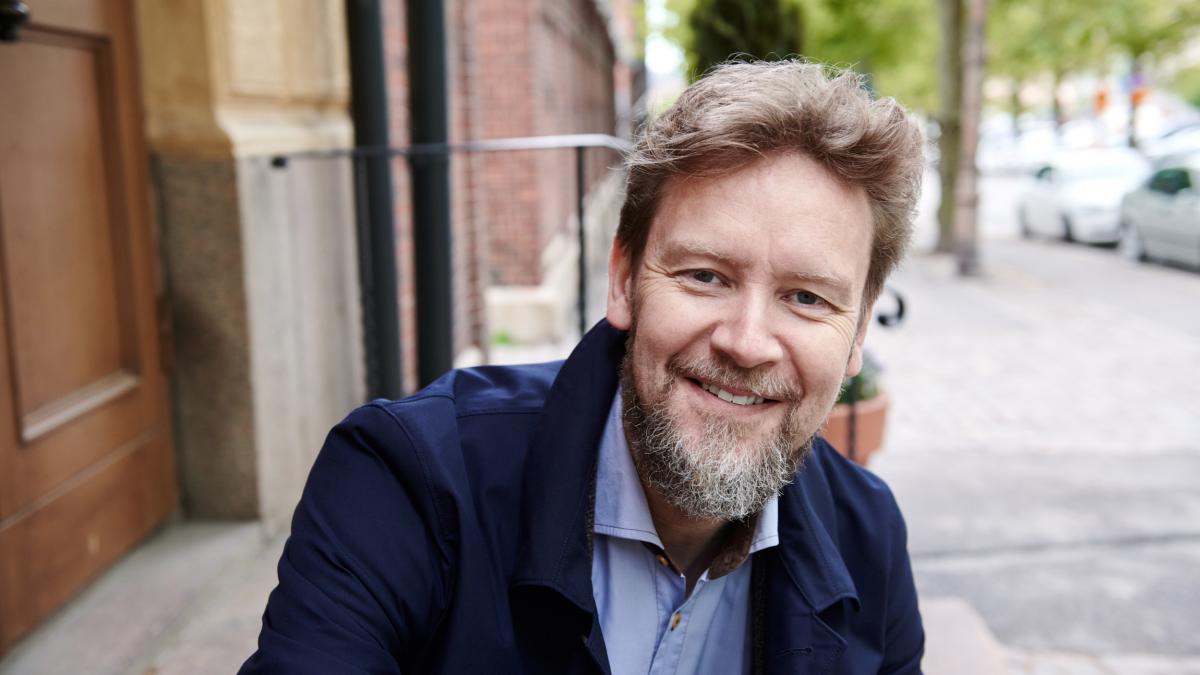Kaarlo Hildén: The new funding model should provide better conditions for the universities’ profile-building
According to Rector of Uniarts Helsinki Kaarlo Hildén, the proposed reinforcing of results-based management could potentially undermine the quality of education and research and compromise the universities’ profile-building.

The funding model of higher education institutions is currently being renewed, and the aim is to start applying the new funding model at the beginning of 2025. The universities gave their statements on the draft decrees regarding the funding reformation in February.
The most central change in the universities’ funding model is placing more emphasis in results-based funding and the introduction of a separate criterion based on the previous year’s number of new students who accepted their first offer of admission at a higher education institution.
Uniarts Helsinki finds that the problem with the new funding model is that the changed indicators treat the fields of education and research unequally. To make it possible to offer more equal chances of success in various fields, the Government should increase the share of funding allocated for the support of the universities’ own strategy and profiling, compared to what has currently been proposed.
“When comparing models internationally, the current funding model is already very result-oriented, and the renewed model would only reinforce this,” says Rector of Uniarts Helsinki Kaarlo Hildén.
The risk in the proposed change is that optimising the increased indicator funding would overly direct the university’s operations at the expense of the quality and impact of education and research. Reinforcing results-based management can also homogenise the activities of the universities in an undesirable way and intensify their rivalry.
“The funding model should create as equal chances as possible for the universities to compete for results-based funding with each other and encourage the universities to engage in cooperation and to build their profile in their own areas of strength. These goals aren’t fulfilled in the current proposal – despite the fact that the Government has said that it wants to continue supporting the profiling of the higher education institutions,” Hildén says.
It would be an alarming prospect if the universities’ funding and development possibilities begin to diverge directly based on education profiles.
“The allocation of RDI funding, the Research Council of Finland’s Flagship Programmes and the doctoral education pilot all overlook the potential of creative fields almost entirely, and the funding model reformation is the biggest blow to the funding of Uniarts Helsinki, in particular. When we factor these things in, we find ourselves in a worrying situation. Besides the future of Finnish art, what’s at stake here is our society’s vitality and ability to renew itself,” Hildén states.
The comment in full is available in Finnish via the lausuntopalvelu.fi consultation service.